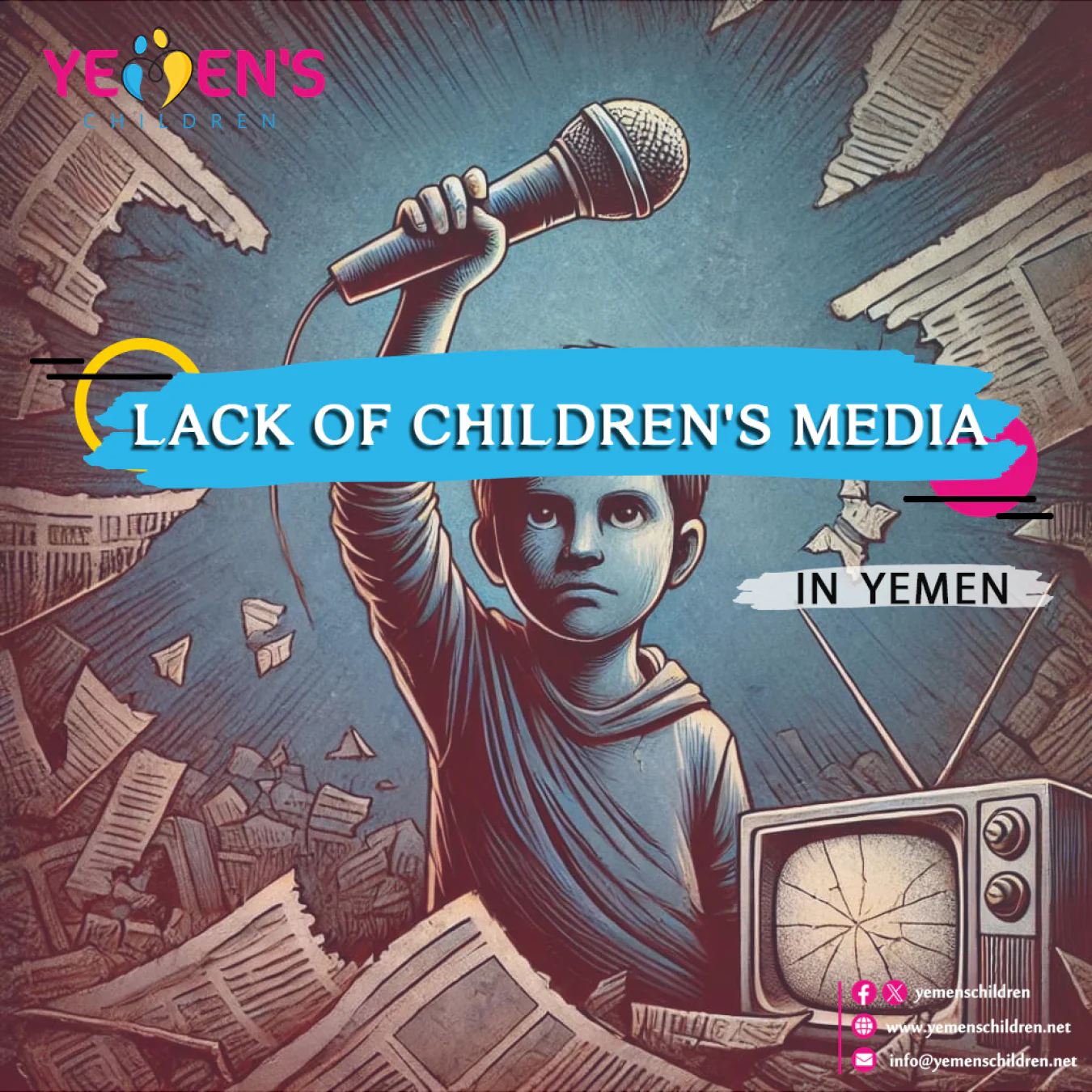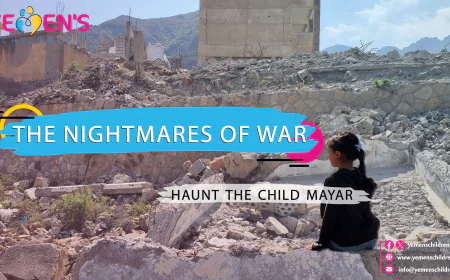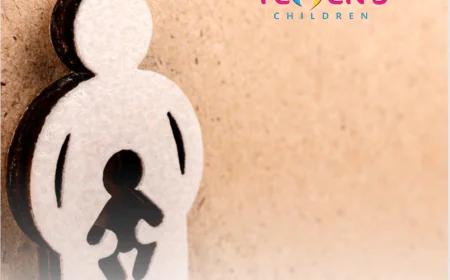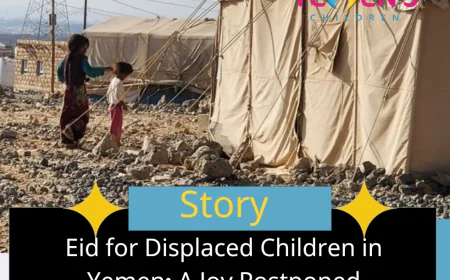Lack of children's media in Yemen

Yemen Children's Platform - Heba Al-Tabai
“I no longer like television and I don’t watch it. There’s nothing I like watching on it. I rely on YouTube to watch cartoons and video games. I like to spend many hours on it, but my mother prevents me from spending a long time on the phone,” ten-year-old Mohammed Ziad tells us.
The Mother Ziad, a teacher in a private school, adds: “I realize the importance of the media and what children are exposed to in influencing their awareness, culture and personality, but we do not find appropriate purposeful content for children. We do not have a single TV channel, and there is no educational, awareness or entertainment program for children in the Yemeni media.
Therefore, children leave TV and go to YouTube to watch foreign children’s content, living in a fantasy far from Yemeni reality and a culture other than ours, and their awareness is formed in a way that we do not like as Yemenis and Arab Muslims.”
The Mother Ziad believes that it is necessary for us to have children’s content that is consistent with our culture and morals, focuses on peace and cooperation between children and supports education through fun methods. She says: “I call on civil society organizations, the media, and governments to pay attention to content that suits our children and helps them grow in a positive and healthy environment.”
What can the media offer to children?
Hashem Al-Raqi, an educational specialist, says that the media is very important for the child, as it presents different cultures and heritages that the child cannot distinguish between the worst and the best, nor differentiate between the positives and negatives, but it shapes his awareness, thought, personality and culture according to the content he is exposed to, and this is what makes the media for children a focus of great interest for all members of society.
Hashem Al-Raqi adds: "We never tolerate the media, as its content can offer a lot to the child in developing his culture, mental, emotional and social perceptions and refining his talents. It is also a powerful means of guidance and entertainment that transmits values and establishes and instills customs, traditions and knowledge, in addition to being the strongest means of education and developing imagination and inner feelings, increasing cognitive abundance, teaching them the language of the age and communication and enhancing societal sympathy."
Low Content
According to a survey conducted by the Center for Economic Studies and Media, active Yemeni media outlets included (258) media outlets by the end of 2017, 8% of which were satellite channels, 8% were printed newspapers, 14% were local radio, and 68% were news websites. All of these outlets do not include any noticeable interest in children, and not a single outlet was dedicated to children and the content that suits them.
Psychological Void
Mohammed Al-Mikhlafi, a father of two children, believes that we have an abundance and richness in heritage, culture, and civilization, and we have enough greatness to proudly convey to our children in an entertaining and enjoyable way that gives them culture and builds awareness, but we did not take advantage of what we have and went to Western culture, which is different from us in thought and religion.
Wadih Sultan, an educational psychologist, says that the absence of this type of media dedicated to children leaves them vulnerable to negative influences, as they rely on Western content that in turn weakens their connection to their national identity and affects their view of the world. Children need content that reflects their reality and addresses their issues in simple and positive ways. As for Aghoulaysh Mohammed, a media professional and educational researcher in Yemeni media, the child's need for this content is not only entertainment, but also to meet his psychological, linguistic and physical needs, as it works to enhance emotions such as acceptance, security and belonging, and it also protects the child from harmful content such as violence, hatred and sexual innuendos.
Challenges and Obstacles
Omar Al-Tayyar, a Yemeni media figure, says that programs and series for children are few and almost non-existent in Yemen, due to many factors, the most important of which is the war and unjust conflicts that have been going on for ten years, which have made the media see children’s programs as mere entertainment and amusement, while most of the country’s children are homeless and displaced, searching for a living, a decent life, and shelter in displacement camps.
Al-Tayyar, a broadcaster specializing in children at Watani FM Radio, adds that the war has made the media turn its attention to what is more important in discussing issues. For example, a satellite channel that broadcasts most of its hours of news about conflicts, wars, and the collapsed economy cannot come up with children’s programs that reflect the well-being of children in Yemen, because Yemeni children, or the majority of them, according to the media’s perception, are suffering and do not have time for luxury.
Al-Tayyar states that: "Funding represents a major obstacle to producing content specialized for children, and this content requires training and expertise in technology, which is difficult to achieve in light of the deteriorating economic situation and weak funding sources for the media. There is also a lack of sufficient community awareness of the importance of media directed at children and its role in developing their skills and strengthening their identity. Accordingly, the media prefers to focus on general content that attracts advertisements and external support."
In a scientific study prepared by experts from the National Councils, they found that there are (166) specialists in children's culture in the Arab world compared to 22 million Arab children, meaning that children's media needs to qualify media professionals specialized in producing a valuable educational media environment.
Children's Content
Aghoulaysh adds: "Arab media cannot guarantee the function of caring for and raising children in the various stages of their development without separating financial and investment goals from the media ethics necessary for producing content directed at children."
Aghoulaysh continues: "Yemeni media must employ Yemeni folk literature as a tool to revive children's culture. There is an urgent need to support projects that focus on children's literature and transform them into serious media content. We can also draw inspiration from the efforts of pioneering figures in this field, such as the late writer Maha Salah, who wrote stories for children, including "Manar and Amina at the Book Fair" and "The Tree Fruits with Its Cookies", a play for children."
In a country exhausted by wars and burdened by crises, children's media is completely absent from the scene, leaving Yemeni children in a media darkness that lacks guidance and education. The absence of children's media in Yemen threatens the future of society, as children grow up far from platforms that enhance their values, nourish their imagination, and support their dreams.











